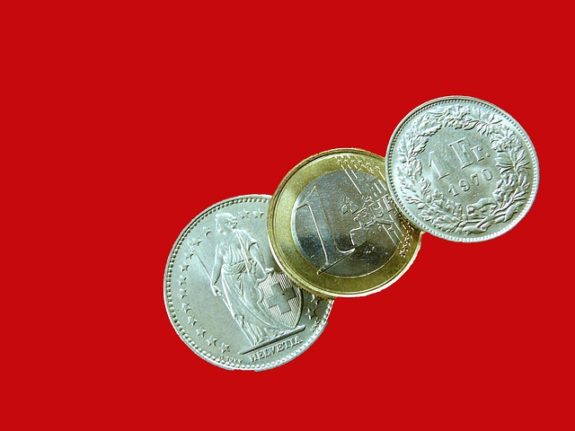IFG has been in business for over 40 years and currently operates in Canada, the United States, Australia, New Zealand, Mexico, The Republic of Ireland, Singapore and the UK. Their plans for growth include a move into Holland and Switzerland, having already established a European development office in Amsterdam to act as a liaison and support centre.
IFG operates in the small business world, providing small companies with finance that can accelerate their cash flow, and likewise their growth. As the job creators in today’s environment, small businesses are invariably the driving force for national growth. With multi-nationals cutting back and downsizing operations, small business owners are taking up the slack and creating new jobs, albeit one at a time.
As a small business grows it experiences a demand for growth capital – a commodity that is proving very difficult to source with conventional funders such as banks. Since the global economic slowdown banks have been very reluctant to service the financing needs of their valuable small business customers.
“Our franchisees look to small-medium businesses that are unable to obtain money through the banks,” explains IFG President David Banfield. “That’s where we step in and, after our due diligence, buy invoices they would choose to sell to us at a small discount. This means that our client receives immediate income to enable them to grow their business. At the end of the credit period, their customer then pays us the full amount of the invoice to complete the transaction. “
It’s about turning a negative into a positive and IFG has grown their licensed operations steadily over the past four decades. Even in stable economic times many small businesses will still not qualify for conventional bank lending (often just because they are ‘small’ businesses), and so with the Interface solution there are opportunities in both an up and a down economy.
“It’s a unique business model,” adds Banfield. “While factoring and invoice discounting represent a growing market, we don’t hold anyone to a contract and deal with individual invoices instead. Once a business doesn’t need us anymore, they are not bound to us.”
With their continued growth plan, Interface is ready to start offering the same ‘in-demand’ service in Holland and Switzerland through this unique licensed approach. However in order to make it work, and work well, a Master Licensee must be appointed for each country. There will only be one Master for each country, and the Master will own the exclusive development rights for IFG in their country.
“Many entrepreneurs look back and say, ‘why didn’t I do that’ or ‘why didn’t I think of that' and these are probably the dreamers of this world – always looking back," says Banfield.
Interface is looking for two individuals, one in Switzerland and one based in Holland, who are also ready to grow and are definitely looking forward. People, with sound business backgrounds, ready to take the entrepreneurial challenge of building a new business under an international established business umbrella.”
As with the small business sector, the financial service arena is one of continued growth. There are substantial challenges for entrepreneurial individuals that want to enter the financial service arena. To break in as a newcomer presents many problems and concerns.
These issues tend to evaporate if you can work in a new market location but under a well-established and proven brand. For many executives the thought of running their own business is no more than a dream or fantasy.
“For the dedicated few that can recognize a challenge, and are excited by a challenge, this once in a lifetime opportunity is an opportunity to seize,” says Banfield.
Interested applicants should send a cover letter and CV to:
[email protected]



 Please whitelist us to continue reading.
Please whitelist us to continue reading.